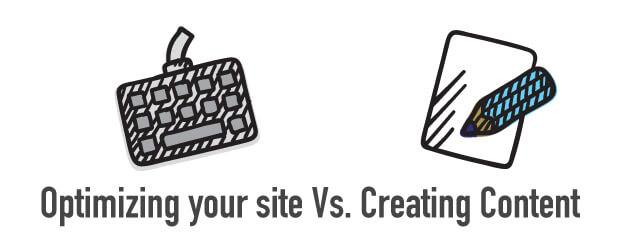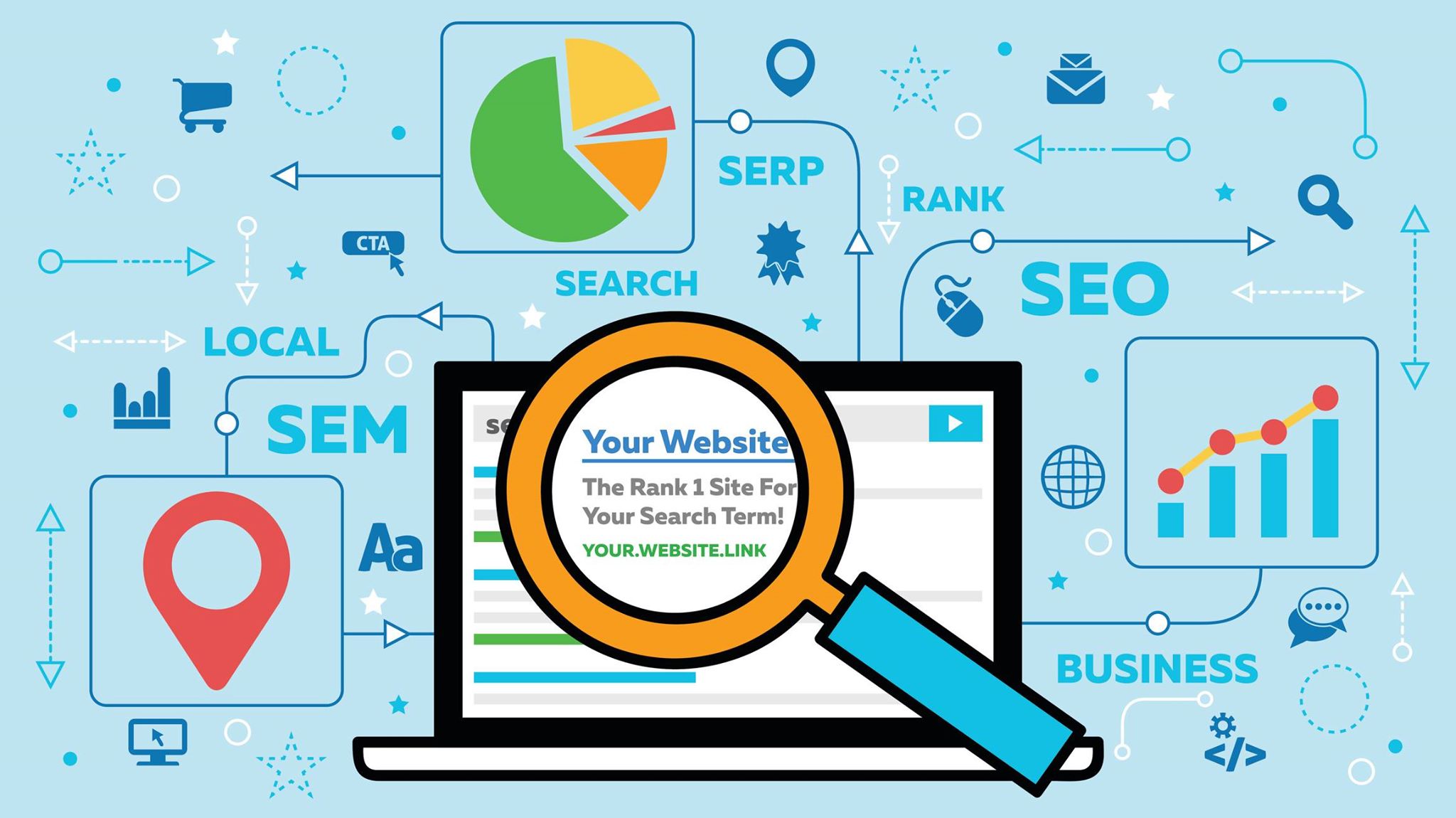We have listed the factors that can make a website qualitatively important for users and therefore for search engines.
These are factors that find their full realization in the concept of user experience and that represent the first fundamental step to succeed in bringing your site to the front page on Google.
As promised, in this article we address the question from another angle, if we want more practical and concrete, in an attempt to clarify even better the difference between content created for SEO and content marketing.
SEO vs content marketing: where is the difference?
First, however, we need to clarify a point that has generated controversial considerations and interpretations in the field of SEO in recent years.
In fact it is appropriate to ask: what is the relationship between SEO and content marketing?
Are they the same thing or are they two completely different things?
The SEO, we have seen, includes all those actions and tactics that can be put in place to increase the organic traffic coming from search engines.
The content marketing, however, is the creation and dissemination of valuable content in order to attract traffic.
They are two different things, but they have two very significant points in common: the end (traffic) and the medium (content)
But where is the difference then?
More: What Is Business Intelligence and Its Benefits?
The SEO content are structured to “pleasure” to search engines, while the content marketing was created in order to generate value for users.
What is the best strategy? Which of the two is able to bring more results (traffic)?
SEO does not exclude content marketing and vice versa. Indeed, the best strategy is one that provides a synergy between the creation of content for search engines on the one hand and users on the other.
To do this you need to be able to alternate these two types of content, optimizing them based on the platform you will use to convey them.
Generally creating content for SEO means starting from a keyword that can bring a certain volume of traffic and build and optimize the content around it
Instead, creating content for users means developing a particularly “felt” and requested topic, generating value for its audience.
Both approaches are valid and are able to guarantee excellent results if supported by an adequate strategy. So far so clear.
Building backlinks is one of the most important SEO techniques and strategies that you can implement on your website. Linkio is a tool that gives you the right anchor text percentage based on your keywords and your competitor’s keywords and brings you quality organic traffic and higher rankings.

“Evergreen” content and backlinks
But the question at this point arises: how is it possible to succeed in obtaining constant traffic through the publication and dissemination of content created not specifically for SEO, but to offer value to its users?
When you publish a blog post with the intent of offering something useful to your audience, it’s easy to immediately see a surge in visits to your blog, thanks in particular to sharing on social channels.
But, after the first few days, the traffic from that article decreases dramatically.
Is it not so?
What went wrong? Nothing really, it’s normal.
At this point, however, the real work of a good SEO expert and content marketer begins.
The temporal dimension, when doing SEO, is important.
In particular it is worth asking:
Will the content I published still be useful and “valid” for my readers between one, two and five years?
In fact, only “evergreen” contents are able to last over time and therefore guarantee traffic in a constant manner.
An “evergreen”, therefore, is essentially a type of content that is ALWAYS useful and valuable, even after many years.
To achieve this, it is first of all necessary to be able to identify a theme or topic that is particularly felt by one’s niche; and secondly to publish periodic updates on that theme so as to be able to offer content that is always “fresh” and in step with the times.
In short, when it comes to SEO and content marketing, it is always necessary to “stay on the piece”.
The advantages of this strategy are obvious and the results are tangible in the medium and long term.
An interesting and valuable content that is constantly updated, in fact, will have more opportunities to be able to bounce on social media and on the different online channels (eg newsletters).
This means that the more your content is visible online, the more likely you are to get external backlinks to your site and blog; and more quality backlinks get more that content gains in visibility, and so on…
Everything therefore lies in being able to trigger and nurture this virtuous circle by continuously updating the contents, so as to make them always useful and interesting for your audience.
We will talk more deeply about this topic in one of the next articles when we will see more in detail how to plan and implement a link building strategy for your site or blog.
Also read more: Trending Technologies You Need to Know in 2019




